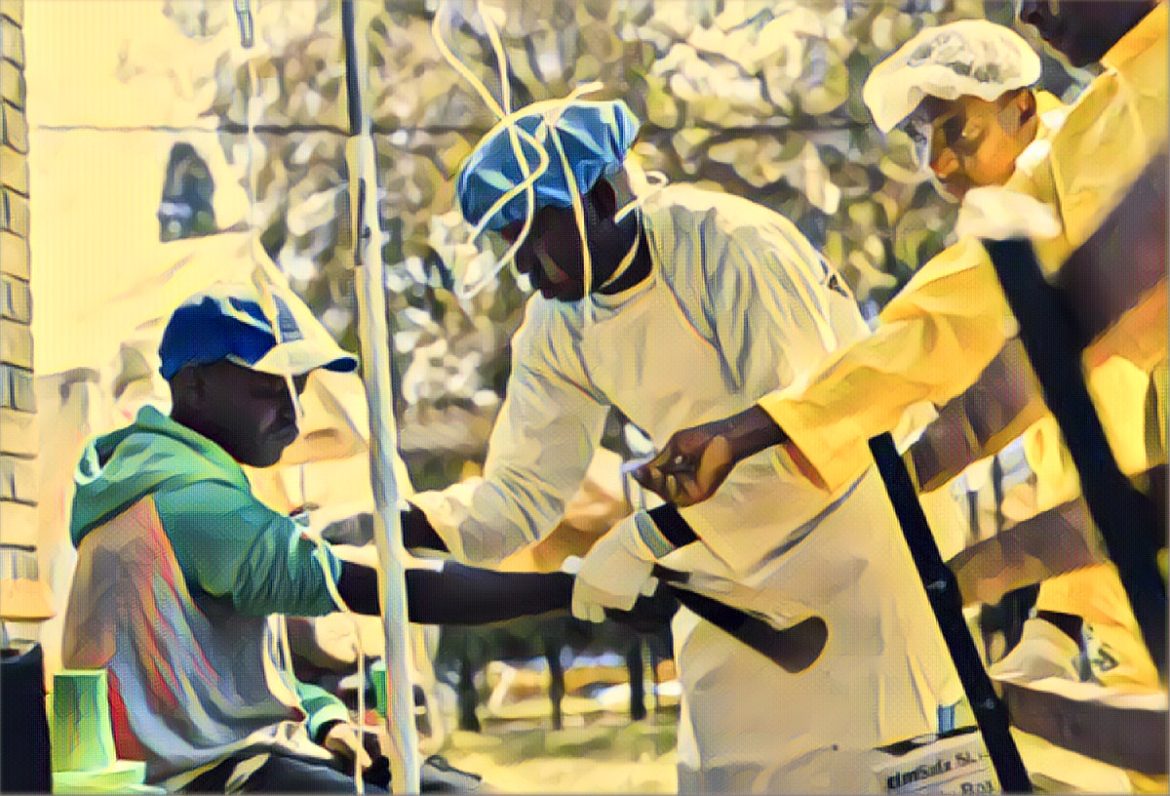Residents of Harare, Zimbabwe, are on the brink of protesting against the ongoing cholera outbreak. They blame the government and other authorities for not stopping the disease’s spread. The Health and Child Care Ministry reports that cholera has killed over 140 people and infected around 7,000. Harare faces water shortages and poor sanitation, making the situation worse.
In various Harare suburbs, residents are coping with days without running water. This lack of water makes these areas more vulnerable to cholera. Reuben Akili, the Combined Harare Residents Association (CHRA) director, has voiced his concerns. He points out issues with water supply, waste management, and natural infrastructure upkeep, like wetlands.
At a symposium on water and environmental accountability, Akili spoke to NewsDay. He mentioned the increase in unattended sewerage bursts. Residents might peacefully demonstrate if talks with the authorities don’t lead to solutions.
According to a report by Newsday Zimbabwe, the CHRA is considering suing the City of Harare and relevant government departments. Hardlife Mudzingwa, the national coordinator of the Community Water Alliance, says Zimbabwe is backsliding, with cholera outbreaks becoming more common. He urges the government to focus the budget on water and sanitation (WASH) to tackle the cholera problem effectively.
Critics say the government’s lack of funding for water treatment has aggravated the crisis. Harare mayor Ian Makone explains that the council is waiting for Treasury funds. He adds that the government owes over $25 billion for water and other services.
In Mashonaland West, Provincial Affairs Minister Marian Chombo has asked churches to pray to stop the cholera outbreak. Speaking in Chinhoyi at a church event, she noted at least 15 cholera deaths in her province. Chombo stressed hygiene’s role in preventing cholera, especially during mango season.
This health crisis in Harare calls for swift government action and community involvement to fight cholera. The situation urgently needs clean water and proper sanitation to stop this deadly disease from spreading further.


